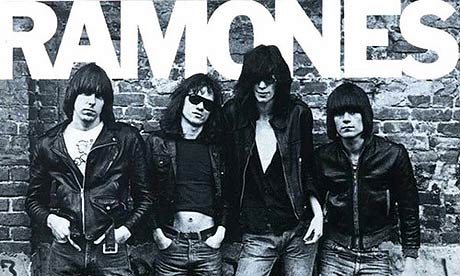"
People whose sensibility is destroyed by music in trains, airports, lifts, cannot concentrate on a Beethoven Quartet." - Witold Lutoslawski

With more than 300 subscribers,
Beethoven Op.1-138 is
the most popular playlist on this site to date. Arranging works by opus numbers makes the playlist look neat, and it presents Beethoven's major works by publication orders. But it is nowhere near a satisfactory presentation of Beethoven's artistic development. Publication dates are not always consistent with completion dates - Op.103 was finished earlier than Op.1, and Piano Concerto No.2 is actually No.1, to name just a few. More importantly, hundreds of works, including most of his youthful compositions in Bonn, bear no opus numbers. Many of them are crucial to the understanding of how Beethoven found his own voice(no, he wasn't simply
Born This Way…dressing like an idiot or becoming Beethoven are both lifestyle choices). Death of a hero, the prime component of his musical vocabulary, made it first appearance in a Bonn composition, the Joseph Cantata, WoO (Works Without Opus-number) 87, on which Brahms wrote:
"Even if there were no name on the title page none other could be conjectured—it is Beethoven through and through! The beautiful and noble pathos, sublime in its feeling and imagination, the intensity, perhaps violent in its expression, moreover the voice leading and declamation, and in the two outside sections all the characteristics which we may observe in and associate with his later works."
The music played at Beethoven's funeral is a choir arrangement of the little known WoO 30, and, his "greatest hit" Für Elise is a WoO too.
In an attempt to chronologically order all of Beethoven's musical output in Spotify, I compiled another playlist based on the
Biamonti Catalogue. Some other sources were also consulted, including Beethoven Reference Site's
Works by Date page, and the books I have. The six quartets of Opus 18 are arranged as 3,1,2,5,4,6, according to Maynard Solomon's biography. Both versions of Fidelio are included, as well as various arrangements done the composer himself, and the "realized"
Symphony No.10. The Op.130 string quartet ends with its original finale,The Grosse Fugue. And the new finale, the last finished movement of Beethoven is the penultimate track of this playlist. The end result is a fascinating journey from 1782 (Dressler Variations WoO 63 by a 12-year-Beethoven) to 1826 (surviving piano score of a unfinished string quintet, his last musical thought). Not every piece is a masterwork, but, excepts for a few dances and
blockbusters written just for the money, all the pieces matter.
Here's the Spotify playlist: Beethoven: Complete Chronological Catalogue (1155 tracks, total time: 4 days) It may work better in
Album view (easier to tell one piece from another). I will keep on updating it as I continue reading on Beethoven, and if you find any error or omission, please leave a comment. For beginners, there's a helpful Naxos audiobook on Spotify:
Life And Works: Beethoven.
Update (2011/12/16): Playlist has been updated, now most tracks are also available on Spotify USA.







